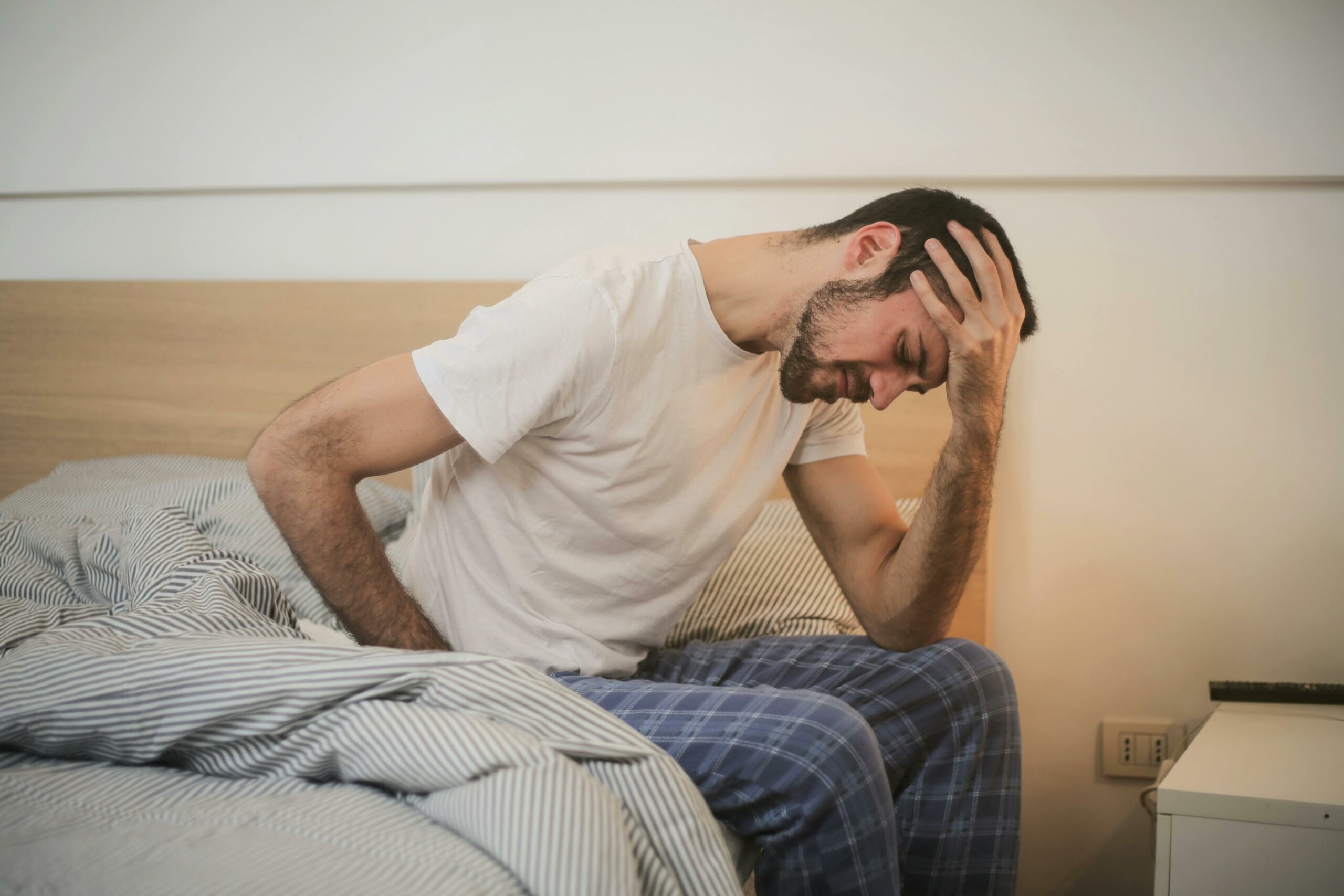In today’s fast-paced world, it’s not uncommon for people to seek relief from stress and anxiety through various means, with alcohol being one of the most popular options. However, while a glass of wine or a beer may seem like a quick fix to calm nerves, there’s a complex relationship between alcohol and anxiety that warrants a closer examination.
Research indicates that while alcohol can temporarily reduce feelings of anxiety due to its sedative effects, regular consumption can actually lead to heightened anxiety levels over time. This paradoxical effect occurs because alcohol alters brain chemistry, affecting neurotransmitters responsible for mood regulation. Initially, alcohol may boost levels of serotonin and other neurotransmitters that make you feel good, but as your body begins to build a tolerance or dependence on alcohol, these temporary benefits wear off, leading to increased anxiety.
Furthermore, the aftermath of drinking, commonly known as hangovers, can significantly contribute to anxiety. Symptoms of hangovers, such as headaches, nausea, and dehydration, are uncomfortable and can increase stress levels, especially if you need to be productive the next day. Additionally, alcohol use can disrupt sleep patterns, leading to poor sleep quality and tiredness, which can exacerbate feelings of anxiety.
For those already struggling with anxiety disorders, alcohol use can complicate the condition further. It can interfere with medications, such as antidepressants and anxiety medications, reducing their effectiveness and potentially leading to more severe anxiety symptoms.
Understanding the link between alcohol and anxiety is crucial for anyone looking to manage their stress and mental health proactively. While it might be tempting to turn to alcohol as a temporary escape, the long-term effects can make anxiety more difficult to control. Adopting healthier coping mechanisms can offer more sustainable relief and contribute to overall well-being.
Healthier Alternatives to Alcohol for Coping with Anxiety
In the pursuit of maintaining mental health and managing anxiety, it’s essential to explore healthier alternatives that do not carry the same risk as alcohol dependency. These strategies can help build resilience and provide long-term benefits for managing stress and anxiety.
Exercise
Regular physical activity is a powerful stress reliever. Exercise not only improves physical health but also boosts endorphins, the body’s natural mood elevators. Activities like walking, running, swimming, or yoga can help clear the mind, reduce anxiety levels, and improve overall well-being.
Meditation and mindfulness practices have been shown to effectively reduce symptoms of anxiety and stress. By focusing on the present moment and observing thoughts without judgment, individuals can gain a clearer perspective, reduce negative emotions, and achieve a state of calm.
Social Support
Building a strong support network of friends, family, and peers can provide a sense of belonging and security that is vital for those dealing with anxiety. Sharing feelings and experiences with others who understand and care can be incredibly comforting and reduce feelings of isolation.
Professional Help
For those struggling with
anxiety, seeking the help of a mental health professional can be a critical step in finding relief. Therapies such as
cognitive-behavioral therapy (CBT) have been proven effective in treating anxiety disorders. Healthcare providers can also offer guidance on managing symptoms and developing healthy coping mechanisms.
Conclusion
While alcohol might seem like a quick fix for calming nerves, its long-term effects can significantly exacerbate anxiety. Recognizing the unhealthy cycle of using alcohol to relieve stress is the first step towards finding healthier, more sustainable ways to cope with anxiety. By adopting positive lifestyle changes and seeking support, individuals can improve their mental health and well-being, free from the negative impact of alcohol.




